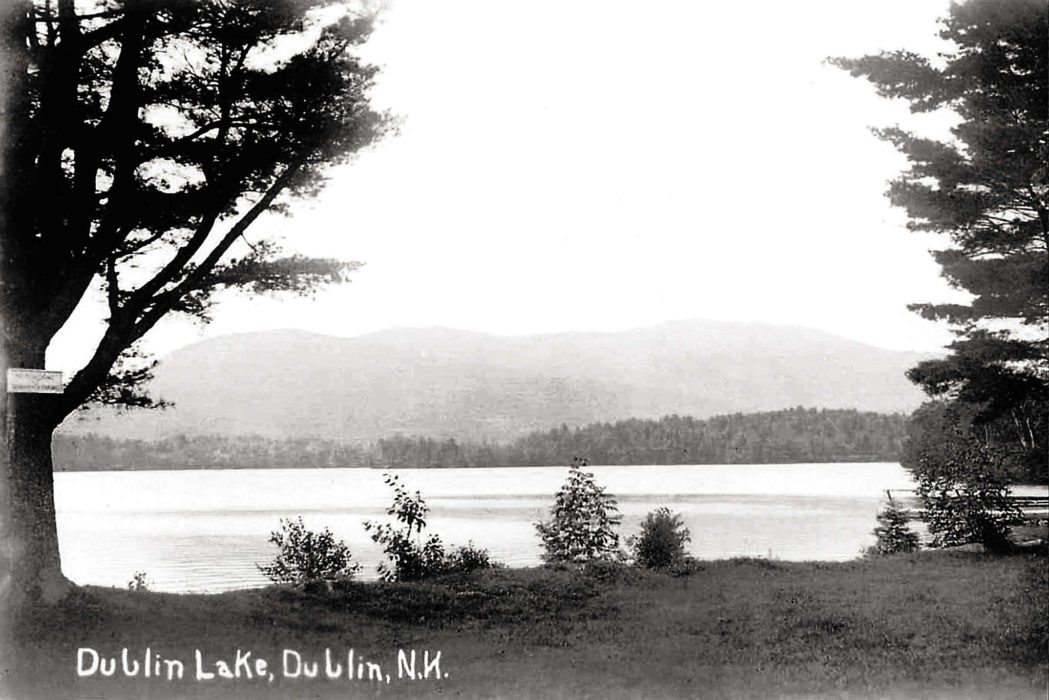THE UNITARIAN CHURCH IN Dublin is packed. It is Sunday, August 11, 1912. During the past three weeks the varied inhabitants of Dublin have become accustomed to this Persian in their midst, as he rode in his carriage or motor car to invitations for lunch or dinner. Today in the church many of them are present in one gathering: the black servants are here; the storekeepers and innkeepers; the artists and wealthy mansion owners all wait for the talk to begin. This is the last chance for many of them to see and hear ‘Abdu’l-Bahá before he leaves.
‘Abdu’l-Bahá delivers each sentence with deliberate intensity. He speaks a line, then stops — perhaps smiles — looks toward his interpreter, waits for the translation, listens to it carefully. He nods when a particular point is made. Only then does he turn back to the congregation and continue with his next sentence. One interviewer wrote that his words, “even repeated by an Interpreter, are so fraught with the Baha’s wonderful personality that they seem never to have been uttered before.”
Today ‘Abdu’l-Bahá speaks about the need for education, how it lifts man up from being an animal, just as cultivating a wild and unproductive forest can make it a fruitful garden. He points out that the philosophers were material educators whereas the divine messengers of God are the spiritual educators. Reverend Josiah Seward — whose church this is — will later write that “The patriarchal appearance and Oriental costume of the speaker imparted a peculiar solemnity to his utterances.”

Howard Colby Ives, a Unitarian minister from New Jersey, was present in Dublin that morning. “My memory is all of the quiet New England church,” he writes, “the crowded pews, and ‘Abdu’l-Bahá on the platform. His cream-colored robe; His white hair and beard; His radiant smile and courteous demeanor.” Ives describes his gestures: “Never a dogmatic downward stroke of the hand; never an upraised warning finger; never the assumption of teacher to the taught. But always the encouraging upward swing of hands, as though He would actually lift us up with them. And His voice! Like a resonant bell of finest timbre; never loud but of such penetrating quality that the walls of the room seemed to vibrate with its music.”
‘Abdu’l-Bahá points out that Bahá’u’lláh, his father, came to renew the divine spiritual teachings, at a time when they had been abandoned.
What are they? The unity of all peoples. The elimination of hostility based on race, nationality, politics, religion, and economics. Universal peace and the elimination of war. The need for every individual to independently investigate religious truth and avoid blind imitation. Equality between men and women. Universal education in both material and spiritual matters. Saving religion from superstition by applying science; tempering science with the moral guidelines of religion.
It is, Reverend Seward will write, “a pure, rational system of philosophy, inculcating the practice of moral and religious precepts of the highest order.”
This morning’s meeting in the church is the culmination of ‘Abdu’l-Bahá’s stay in Dublin. He speaks for fifty minutes. Agnes Parsons’s younger son, Jeffrey, fidgets in the pew beside her. “The service is too long,” he tells her, “but ‘Abdu’l-Bahá is not too long.”
At the end of the service ‘Abdu’l-Bahá stands, chants a prayer in Persian, and shakes everyone’s hand. The Pumpelly’s carriage awaits to take him to lunch.






